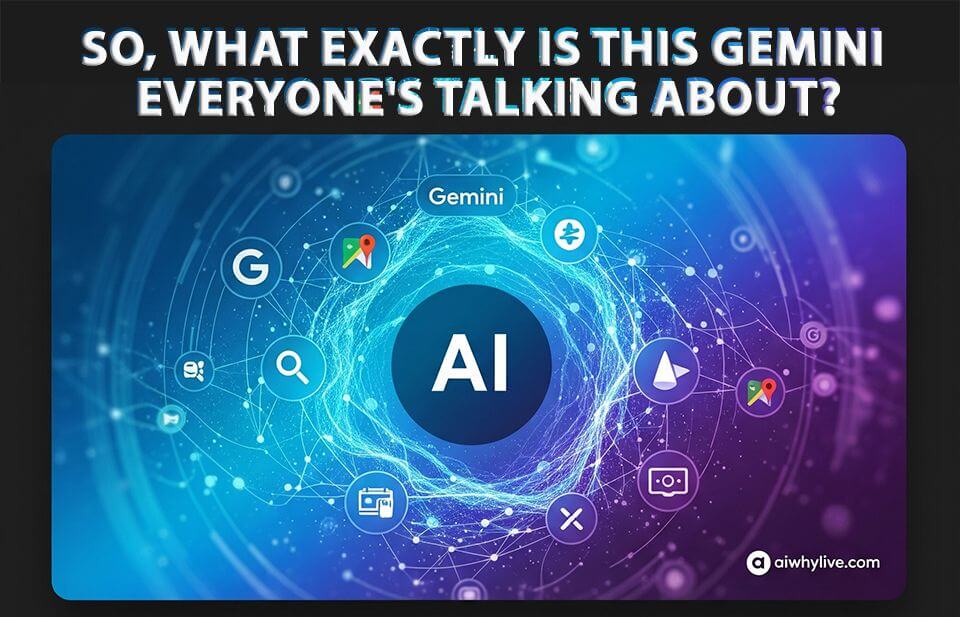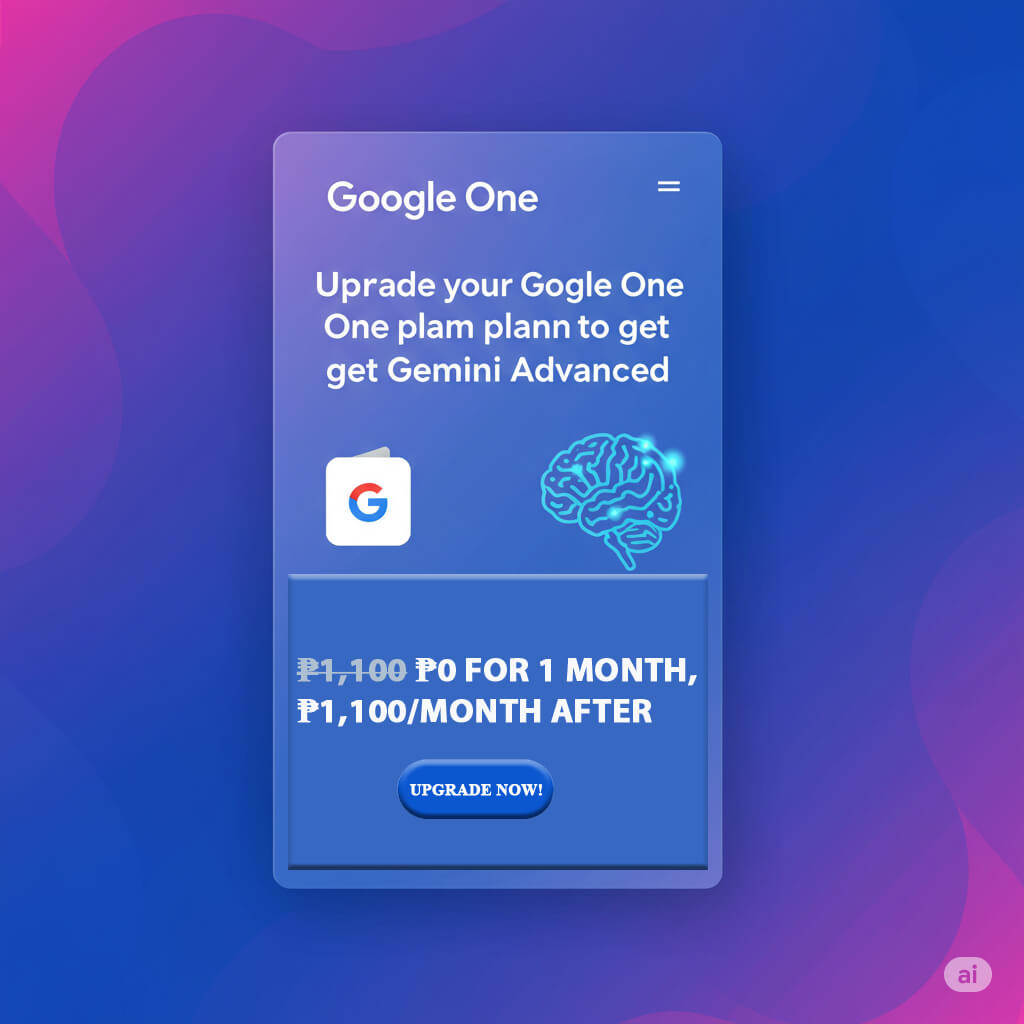🌀 The Quiet Invasion
In 2025, Google Gemini isn’t just an app—it’s a default behavior. Bundled into Android phones, Gmail replies, and even your Maps itinerary, Gemini has become the silent co-pilot of Filipino digital life. You didn’t download it. You didn’t ask for it. But it’s here—summarizing your emails, suggesting your words, and nudging your decisions.
And according to our research, Gemini’s newest features include real-time voice summarization, image-based search, and “contextual nudging”—a polite term for algorithmic steering.
📈 Productivity or Predisposition?
Gemini promises productivity. Students use it to draft essays. Freelancers lean on it for client replies. Micro-entrepreneurs ask it for pricing strategies. But beneath the helpful tone lies a deeper question: Whose productivity is it optimizing—and for whose profit?
- Gemini’s “smart replies” often flatten nuance, pushing Western phrasing and tone
- Its voice assistant struggles with Tagalog, Visayan, and Ilonggo—defaulting to English even when local dialects are spoken
- Its suggestions are shaped by global data, not local context—meaning your sari-sari store might get advice better suited for a San Francisco startup
🧠 Trojan Horse or Training Wheels?
Gemini’s integration into Android means millions of Filipinos are now AI users—whether they realize it or not. That’s a win for accessibility. But it also means:
- Data extraction at scale: Every voice command, search, and reply becomes training fodder
- Behavioral nudging: Gemini doesn’t just answer—it suggests, predicts, and redirects
- Agency erosion: When AI becomes invisible, so does your choice to opt out
🔍 Local Test: Gemini vs. Filipino Nuance
We ran Gemini through a simple test: respond to a Visayan voice query about local rice prices. The result? A generic answer pulled from national averages, with no understanding of regional variance or dialect.
Compare that to Copilot or Perplexity, which—while less embedded—offered more flexible, citation-rich responses. Gemini may be fast, but it’s not yet fluent in Filipino realities.
🧭 What’s Next for Filipino Users?
Gemini isn’t evil. But it’s not neutral either. It’s a tool shaped by incentives, defaults, and design. For Filipino users, the challenge is clear:
- Use it, but question it: Don’t let convenience override context
- Localize your prompts: Be specific, be regional, be stubborn
- Explore alternatives: Copilot, Claude, and Perplexity offer different trade-offs—some with more transparency, others with better multilingual support
🤔 Too Cryptic? Explain Like I’m 12
Imagine Gemini like a helpful classmate who whispers answers during a test. That sounds great—until you realize:
- The answers come from a school overseas.
- They only speak English, even when you ask in Tagalog.
- They sometimes tell you what to write before you even finish thinking.
Gemini helps you move faster, sure. But does it help you move smarter—or just push you where it wants?
✊ Final Word: Agency Is the Real Upgrade
Gemini may be rising, but Filipino agency must rise with it. AI shouldn’t just be embedded—it should be understood, challenged, and reshaped. Because in the end, the most powerful assistant isn’t the one that predicts your next move—it’s the one that helps you choose it.
📚 Sources Used
These articles informed the critique, context, and examples in your piece:
- Top 10 ways Filipinos used Google’s Gemini AI for learning, work, travel in 2024 – InsiderPH
- How Filipinos use the Google Gemini – Technobaboy
- How Pinoys use Google’s Gemini – ABS-CBN News
- Meet Gemini: How Google’s AI tool can help Pinoys plan their Holy Week – Interaksyon
- Gemini 2025 Update – AIWhyLive.com
- Google Gemini official site – Gemini.Google.com







